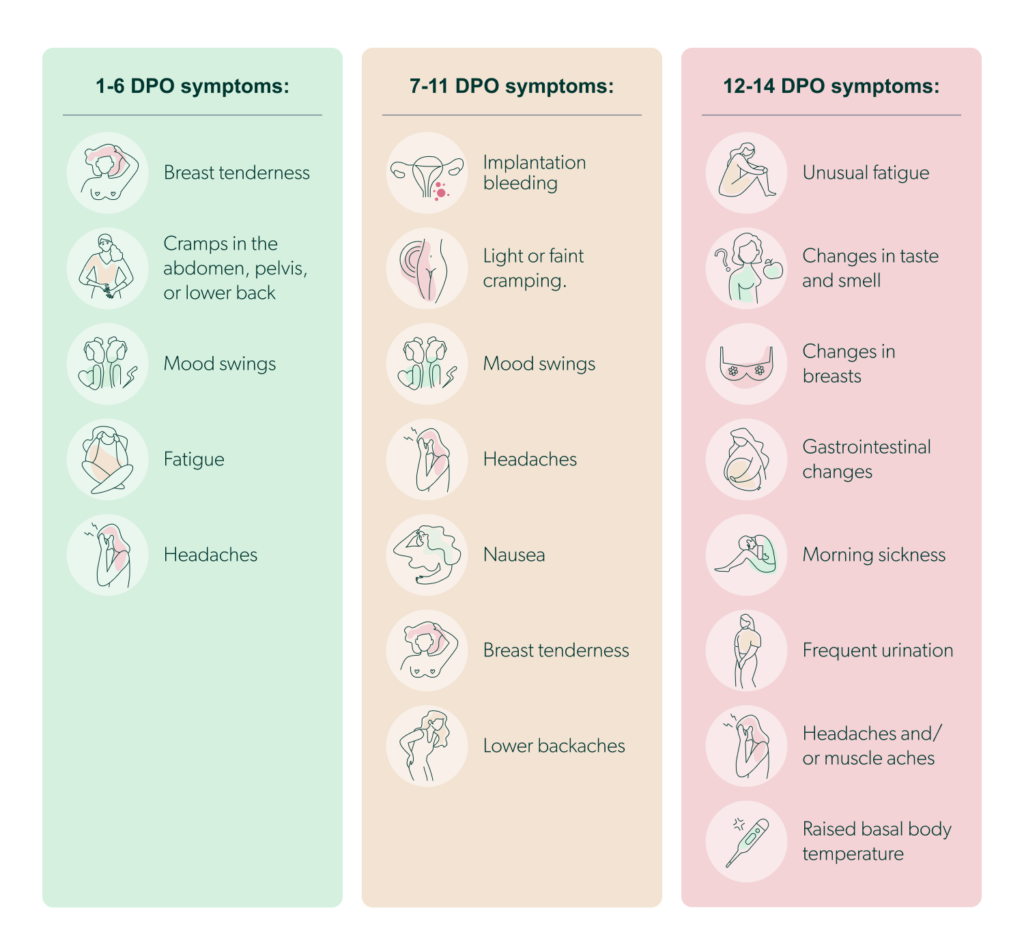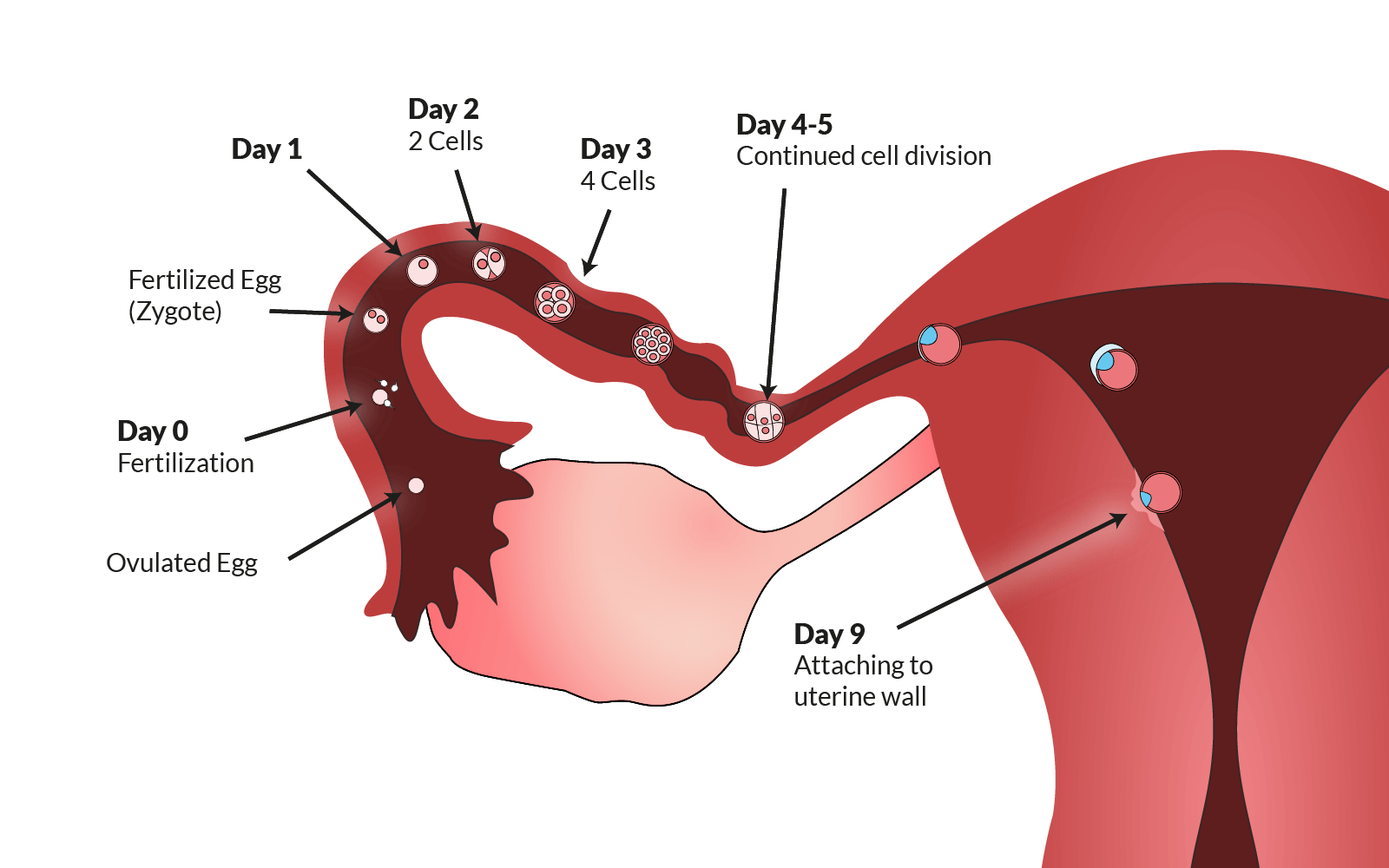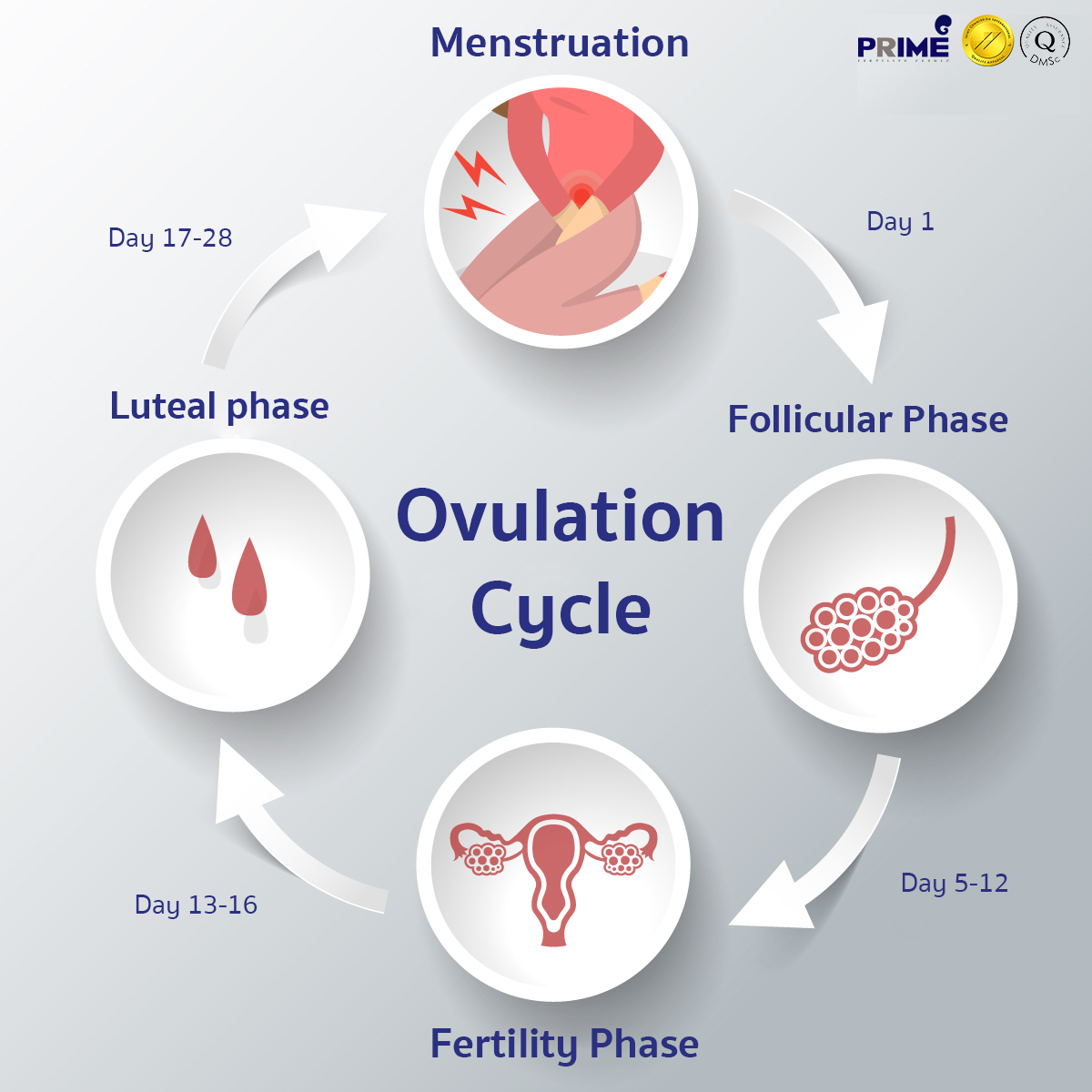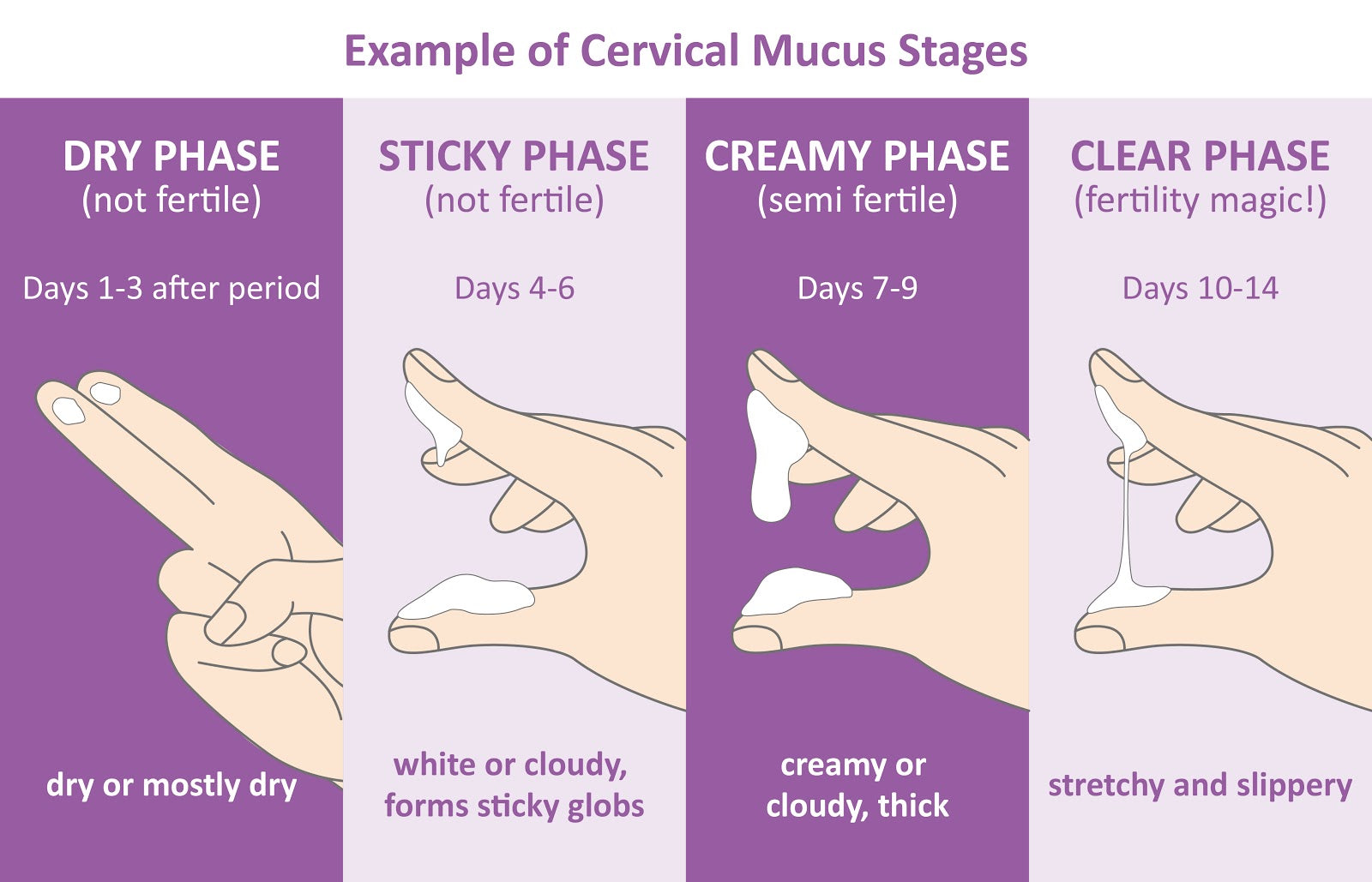No Discharge After Ovulation - You will be able to know when exactly you are fertile and ready to conceive (get pregnant). Some women may notice a thicker, sticky discharge during this. The mucus that you do see after ovulation, whether on your underwear or on your fingers, may look cloudy and feel sticky. After ovulation, during the luteal phase, progesterone levels rise. Here, learn what to look for, other causes of the changes, and more. If you’re not pregnant at this stage of your cycle, then you will soon notice the return of drier cervical. People usually notice fertile discharge a few days before ovulation. The discharge may become wetter and more slippery over several days. A person's cervical mucus may change after ovulation if they are pregnant, but not always. Monitoring cervical mucus before and after ovulation (dpo) can help you determine when your ovulation will occur.
After ovulation, during the luteal phase, progesterone levels rise. The discharge may become wetter and more slippery over several days. People usually notice fertile discharge a few days before ovulation. After ovulation, the amount of discharge usually. You will be able to know when exactly you are fertile and ready to conceive (get pregnant). Here, learn what to look for, other causes of the changes, and more. This can cause a decrease in cervical mucus production, resulting in a drier vaginal environment. If you’re not pregnant at this stage of your cycle, then you will soon notice the return of drier cervical. Monitoring cervical mucus before and after ovulation (dpo) can help you determine when your ovulation will occur. A person's cervical mucus may change after ovulation if they are pregnant, but not always.
Some women may notice a thicker, sticky discharge during this. You will be able to know when exactly you are fertile and ready to conceive (get pregnant). The discharge may become wetter and more slippery over several days. This can cause a decrease in cervical mucus production, resulting in a drier vaginal environment. After ovulation, during the luteal phase, progesterone levels rise. A person's cervical mucus may change after ovulation if they are pregnant, but not always. After ovulation, the amount of discharge usually. Here, learn what to look for, other causes of the changes, and more. If you’re not pregnant at this stage of your cycle, then you will soon notice the return of drier cervical. Monitoring cervical mucus before and after ovulation (dpo) can help you determine when your ovulation will occur.
What you need to know about ovulation bleeding — Clearblue®
The mucus that you do see after ovulation, whether on your underwear or on your fingers, may look cloudy and feel sticky. You will be able to know when exactly you are fertile and ready to conceive (get pregnant). After ovulation, the amount of discharge usually. After ovulation, during the luteal phase, progesterone levels rise. Here, learn what to look.
How to Detect Pregnancy or Ovulation on Your BBT Chart
The mucus that you do see after ovulation, whether on your underwear or on your fingers, may look cloudy and feel sticky. This can cause a decrease in cervical mucus production, resulting in a drier vaginal environment. Here, learn what to look for, other causes of the changes, and more. A person's cervical mucus may change after ovulation if they.
Not fertile to fertile CM check Pregnancy help, Fertility
If you’re not pregnant at this stage of your cycle, then you will soon notice the return of drier cervical. People usually notice fertile discharge a few days before ovulation. This can cause a decrease in cervical mucus production, resulting in a drier vaginal environment. After ovulation, the amount of discharge usually. You will be able to know when exactly.
How to Check Your Cervical Mucus and Detect Ovulation
If you’re not pregnant at this stage of your cycle, then you will soon notice the return of drier cervical. After ovulation, during the luteal phase, progesterone levels rise. After ovulation, the amount of discharge usually. People usually notice fertile discharge a few days before ovulation. Some women may notice a thicker, sticky discharge during this.
112 DPO Symptoms What to Expect? (Updated)
A person's cervical mucus may change after ovulation if they are pregnant, but not always. You will be able to know when exactly you are fertile and ready to conceive (get pregnant). After ovulation, the amount of discharge usually. This can cause a decrease in cervical mucus production, resulting in a drier vaginal environment. The mucus that you do see.
How to Check Your Cervical Mucus Fertility Tracking
Monitoring cervical mucus before and after ovulation (dpo) can help you determine when your ovulation will occur. You will be able to know when exactly you are fertile and ready to conceive (get pregnant). Here, learn what to look for, other causes of the changes, and more. If you’re not pregnant at this stage of your cycle, then you will.
Ovulation Understanding Ovulation to Get Pregnant
Some women may notice a thicker, sticky discharge during this. If you’re not pregnant at this stage of your cycle, then you will soon notice the return of drier cervical. After ovulation, during the luteal phase, progesterone levels rise. The mucus that you do see after ovulation, whether on your underwear or on your fingers, may look cloudy and feel.
LADIES OVER TO YOU;clear mucus discharge after ovulation YouTube
If you’re not pregnant at this stage of your cycle, then you will soon notice the return of drier cervical. People usually notice fertile discharge a few days before ovulation. Some women may notice a thicker, sticky discharge during this. After ovulation, the amount of discharge usually. A person's cervical mucus may change after ovulation if they are pregnant, but.
Ovulation Cycle Ovulation cycle timeline Prime Fertility Clinic
This can cause a decrease in cervical mucus production, resulting in a drier vaginal environment. If you’re not pregnant at this stage of your cycle, then you will soon notice the return of drier cervical. People usually notice fertile discharge a few days before ovulation. The discharge may become wetter and more slippery over several days. After ovulation, the amount.
Birth Control, Hold the Side Effects Exploring the Fertility Awareness
If you’re not pregnant at this stage of your cycle, then you will soon notice the return of drier cervical. You will be able to know when exactly you are fertile and ready to conceive (get pregnant). After ovulation, the amount of discharge usually. People usually notice fertile discharge a few days before ovulation. Here, learn what to look for,.
After Ovulation, The Amount Of Discharge Usually.
You will be able to know when exactly you are fertile and ready to conceive (get pregnant). People usually notice fertile discharge a few days before ovulation. The mucus that you do see after ovulation, whether on your underwear or on your fingers, may look cloudy and feel sticky. Monitoring cervical mucus before and after ovulation (dpo) can help you determine when your ovulation will occur.
If You’re Not Pregnant At This Stage Of Your Cycle, Then You Will Soon Notice The Return Of Drier Cervical.
Some women may notice a thicker, sticky discharge during this. The discharge may become wetter and more slippery over several days. After ovulation, during the luteal phase, progesterone levels rise. A person's cervical mucus may change after ovulation if they are pregnant, but not always.
Here, Learn What To Look For, Other Causes Of The Changes, And More.
This can cause a decrease in cervical mucus production, resulting in a drier vaginal environment.
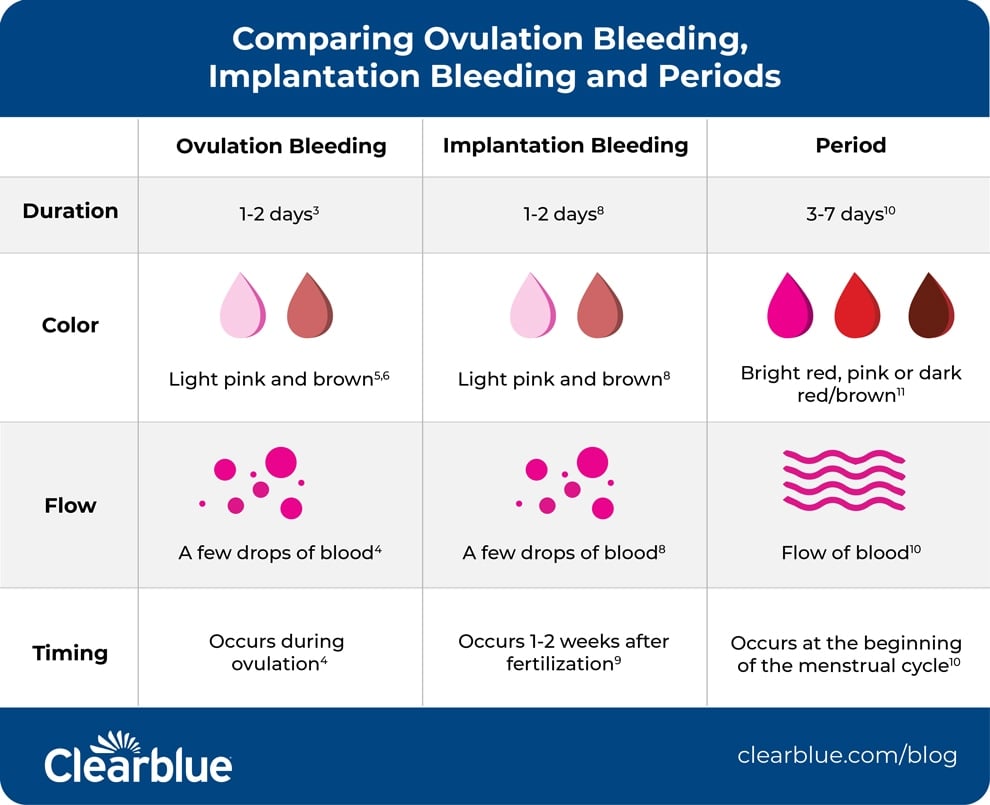
:max_bytes(150000):strip_icc()/ovulation-on-body-basal-temperature-chart-1960284_FINAL-321ccf17906a4c33b230f959d0c9916b.png)

:max_bytes(150000):strip_icc()/1960279-checking-cervical-mucus-to-get-pregnant-faster-01-5ae09ac2c06471003916b7cb.png)
